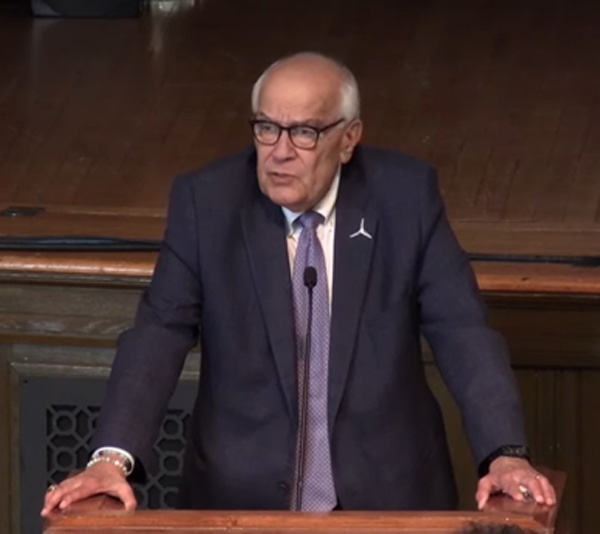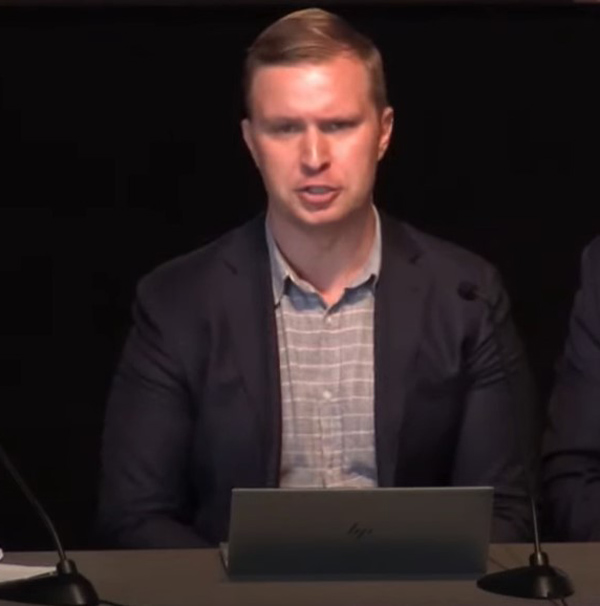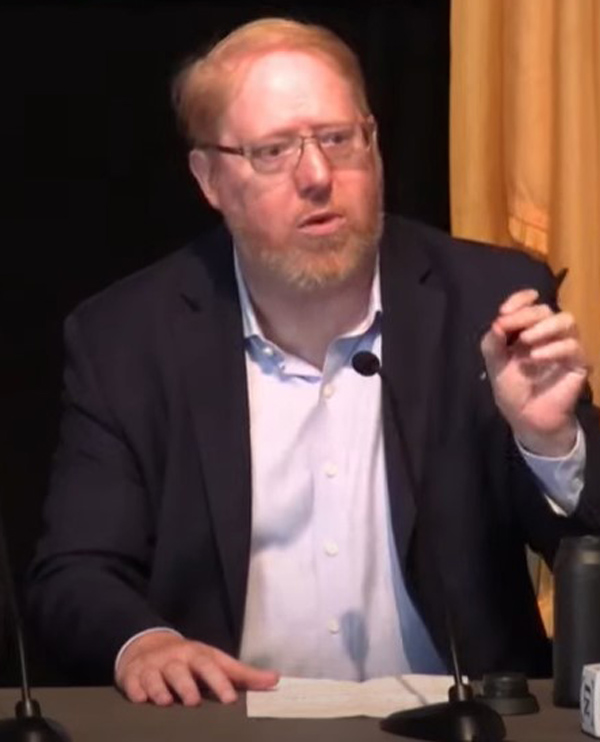High-level energy officials from Connecticut, Maine, Massachusetts, Rhode Island and Vermont asked ISO-NE to establish an executive-level environmental justice position, in a letter on Tuesday.
“At the highest level, this position would provide an EJ and equity lens to ISO-NE’s management and staff, inform the development of ISO-NE initiatives, rules and operations and engage EJ communities and stakeholders,” the letter says.
The officials said responsibilities of the position could include advising the ISO-NE Board of Directors and senior management on market rules, transmission planning, operations and new initiatives, along with performing outreach to environmental justice communities and facilitating internal training.
The environmental justice needs at ISO-NE may require multiple positions, the commissioners and energy officials said.
“As community engagement and responsibilities grow, this executive position could build out and manage additional team members providing EJ expertise to ISO-NE and enhancing community, government and industry engagement,” the letter says.
All the states represented in the letter have environmental justice provisions written into law intended to protect communities that disproportionately face the negative effects of energy infrastructure. These communities frequently are lower-income, non-white and non-English speaking. New Hampshire, which did not sign the letter, is the only New England state that does not have an environmental justice statute.
The state officials’ request came in response to ISO-NE’s presentation to the New England states in June on the preliminary operating and capital budgets. ISO-NE proposed a 21.5% budget increase for 2024 in its presentation to the NEPOOL Participants Committee. The RTO framed the budget increase in part as “ramping up its capabilities” to help facilitate the transition to clean energy resources. (See ISO-NE Considers Major Capacity Market Changes.)
“There is a gap in ISO-NE’s budget proposal and its current management team without a position reflecting EJ experience,” the letter says. “A successful clean energy transition cannot happen without community engagement and a meaningful role for EJ communities in helping to shape decisions that impact wholesale power and transmission rates and affect how the benefits and burdens of our electric system are apportioned.”
The letter acknowledged that such a position may be unprecedented at RTOs across the country.
“We understand that if ISO-NE creates a dedicated EJ position, it may be the only independent system operator or regional transmission organization in the country that has established such a role,” the state officials wrote. “We encourage ISO-NE to be first in this critical area.”
In response to the letter, ISO-NE said it is open to input from the states on environmental justice issues.
“We’ve received the letter and look forward to continuing our conversations with the New England states and stakeholders on issues related to environmental justice and the clean energy transition, both in the context of our annual budget and beyond,” ISO-NE said in a statement to RTO Insider.
Mireille Bejjani, co-executive director of the environmental justice organization Slingshot, applauded the state’s proposal, saying it’s an important step.
“ISO New England doesn’t have a track record on environmental justice; it hasn’t been something they have taken into account,” Bejjani said, noting that ISO-NE’s main considerations have been limited to cost and reliability. “The potential creation of the position is really exciting because it could change the conversations that are happening so that when reports are being put together and decisions are being made, we’re taking into account the human side of the grid.”
Bejjani said it is important to give the position real authority and decision-making power, and not to use it as justification for a business-as-usual approach. She also echoed the need to expand the role beyond a single position.
“It’s too much work for one person to manage all of the environmental justice concerns for an entire grid operator,” Bejjani said.
Susan Muller, senior energy analyst for the Union of Concerned Scientists, said it’s especially important to give environmental justice communities representation in the NEPOOL process, which was not specifically mentioned in the letter.
“The NEPOOL stakeholder process is where most of the decisions are made,” Muller said. “The person in this position should be thinking about how to make the NEPOOL process accessible to the impacted communities … right now, it would be almost impossible for most communities to participate in the NEPOOL committee process.”
Muller added a distinction must be made between outreach to energy infrastructure host communities and energy consumers. ISO-NE’s Consumer Liaison Group meets to engage with energy consumers four times a year. She added that ISO-NE is not alone among the country’s ISOs and RTOs in its historical lack of consideration of environmental justice.
In June, a coalition of climate and environmental justice organizations (including the Union of Concerned Scientists) submitted to MISO a set of “equitable grid principles,” calling on the organization to prioritize human rights, accessibility, and climate resilience in its decision-making processes. (See MISO Stakeholder Activists Propose Equity Principles.)
MISO responded by acknowledging the importance of the principles but argued that their members and state regulators were better situated to address the issues.



